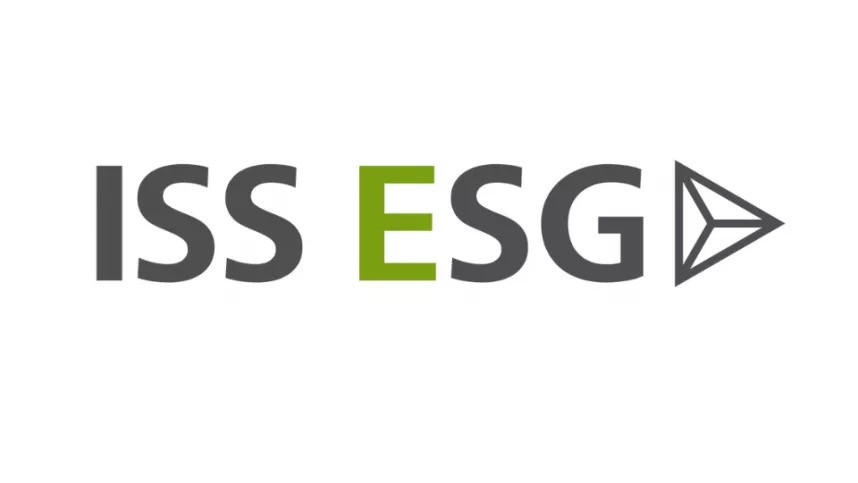Amber Terminal
What sustainability means to us
Sustainability entails fulfilling the present's requirements while ensuring that future generations can also satisfy their own needs. Amber Terminal is dedicated to fostering a sustainable economy for future generations by investing in infrastructure that facilitates the delivery of crucial products for tomorrow.
We recognize the significance of our business operations on the safety, health, and overall well-being of individuals, as well as our environmental footprint. By prioritizing the welfare of people, the planet, and our profitability, we strive to generate value for all our stakeholders—ranging from customers and shareholders to employees, regulatory bodies, local communities, and society as a whole.

Sustainable Development Goals
Amber Terminal is committed to advancing the United Nations Sustainable Development Goals (SDGs) by focusing our efforts on five key areas where we can generate significant positive outcomes for our stakeholders and the broader community. We are dedicated to fostering energy and feedstock transitions, ensuring a safe workplace for all, minimizing pollution of air, water, and soil, and promoting the development of resilient and sustainable infrastructure in ports globally. Through collaboration with our partners, we aim to drive impactful change that aligns with these vital goals.
Sustainable Development Goals Descriptions

Our sustainability strategy is designed to align with our core mission while addressing the United Nations Sustainable Development Goals (SDGs) and meeting the priorities of our stakeholders. This strategy encompasses a comprehensive set of environmental, social, and governance (ESG) goals, along with actionable initiatives focused on the critical sustainability issues that resonate with our stakeholders.
Our roadmap aims to drive significant impacts on people, the environment, and our financial performance. It establishes a structured approach for transforming our portfolio to emphasize cleaner conventional products and transition towards zero and low-carbon energy sources and materials. Furthermore, it provides a framework for incorporating sustainability into our global operations and investment strategies.
This roadmap delineates distinct actions and priorities, harmonizing them with our annual budget processes, business plans, and everyday activities.
Double Materiality Assessment
Amber Terminal has embraced a thorough strategy for assessing and reporting its effects on environmental, social, and governance (ESG) factors. This strategy encompasses both impact materiality and financial materiality: it examines the ways in which sustainability issues influence Amber Terminal from external sources, while also considering how our operations affect society and the environment internally. For a detailed overview, please refer to the latest Double Materiality Matrix in our annual report.
External Benchmarks
Amber Terminal actively engages with several globally recognized ESG benchmarks. These assessments provide valuable insights into our sustainability performance and encourage us to evaluate and enhance our initiatives in this area. Below are the external benchmarks that Amber Terminal participates in. For details about our performance ratings, please refer to our annual report.








Celebrating diversity
At Amber Terminal, we hold a firm belief that every person deserves respect and dignity. Our commitment lies in fostering a diverse and inclusive work environment where all individuals feel valued and empowered to make meaningful contributions. We strive to cultivate a workplace that celebrates diversity in all its forms!


Amber Terminal WeConnect
Amber Terminal is committed to fostering active engagement within local communities. Through its WeConnect initiative, established in 2017, employees participate in projects aimed at empowering youth in collaboration with various community organizations. The primary goal of WeConnect is to broaden professional opportunities for young individuals, enhance their readiness for the workforce, and encourage them to collaborate with peers from diverse cultural, linguistic, and social backgrounds.

